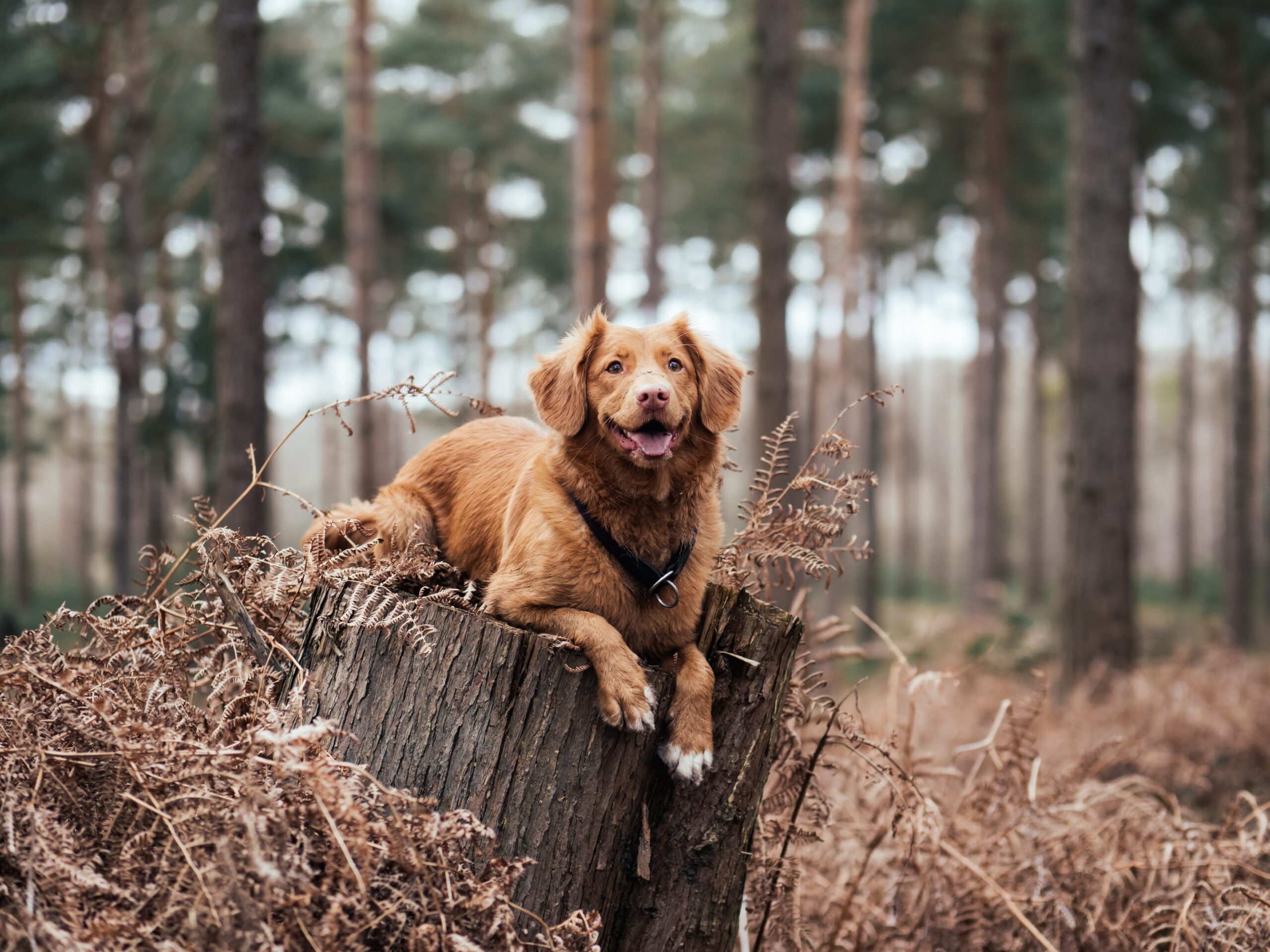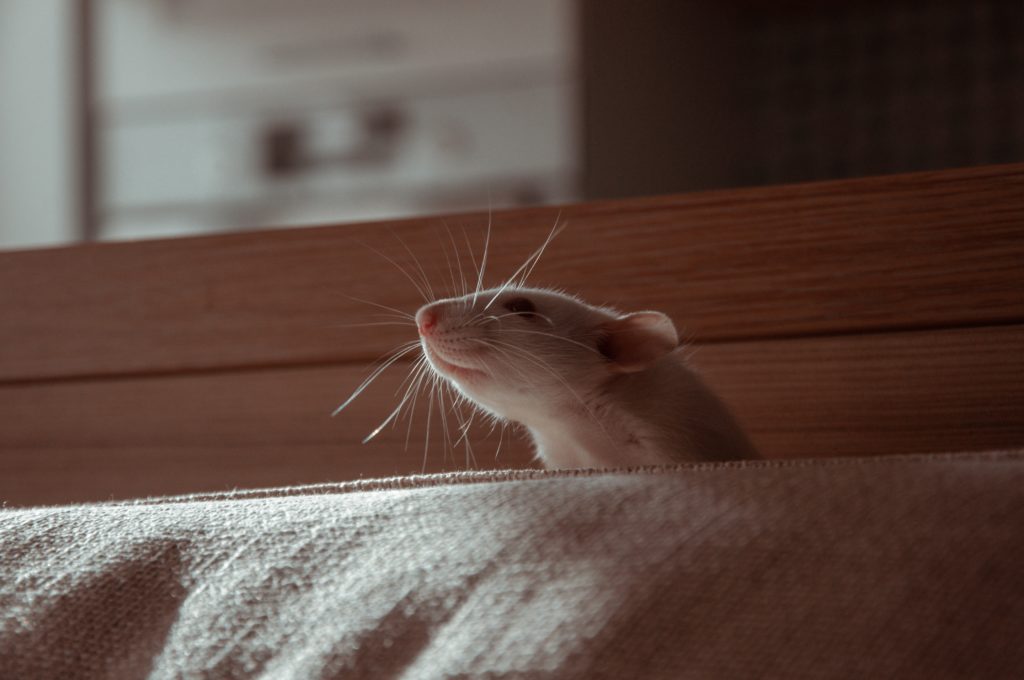Companion animals in the climate crisis: How pet owners can reduce their environmental impacts
Pet ownership doesn’t have to be so tough on the planet, according to new UBC research. In this Q&A, Dr. Alexandra Protopopova shares why it’s important to make pet ownership sustainable, reduce waste, and more.

Photo: Jamie Street /Unsplash
Pet ownership doesn’t have to be so tough on the planet, according to new UBC research.
“We should be mindful of what kind of impact pet ownership might have on the environment,” says assistant professor Dr. Alexandra Protopopova, NSERC and BC SPCA industrial research chair.

She and her team in the animal welfare program at UBC’s faculty of land and food systems suggested several ways to mitigate the impact companion animals have on the environment in a study released earlier this year.
In this Q&A, Dr. Protopopova shares why it’s important to make pet ownership sustainable, reduce waste, and more.
What role do pet owners play when it comes to climate change?
Pet ownership involves making choices in providing care for an animal and sometimes these might not necessarily be the best decisions for the environment. For example, you might opt to own a car and take frequent long-distance trips to provide exercise opportunities for your pet, or you may use more air conditioning or heating to provide an optimal living environment, and use more energy in your home. Or, to provide for your animal’s nutritional needs, you may use products or foods whose manufacturing processes may contribute significantly to global greenhouse gas emissions.
How can pet ownership be more sustainable?
We proposed three climate mitigation strategies, borrowing the concept of the ‘Three Rs’: replacement, reduction and refinement.
Refinement has to do with things that we can modify right away, like considering the quantity, ingredients, or brand of pet food you buy, and opting for more sustainable practices, like reducing your plastic use in the poop bags or the toys you buy your pet. Composting your pet’s poop is the best way to go, and you can make or repair toys instead of buying new ones or—even better—focus on providing more social enrichment in the form of shared activities.
Replacement is about animal welfare and the possibility of truly sustainable pet ownership, like inviting prospective owners to consider smaller companion animals, like selecting a cat over a dog. Or by considering an entirely different species, like one that can use human food leftovers as part of a healthy diet, like a pet rat, or an animal that provides food for their owners, like a hen. We also encourage choosing pets that are well suited for the climate you live in—for example choosing a smaller dog with a light coat instead of owning a Husky if you live in a hot climate like Arizona.
Reduction is where we encourage owners to have fewer animals overall while retaining the benefit that pet ownership can provide, like adopting from a shelter or helping out someone who needs to surrender their pet instead of purchasing a puppy from a breeder. It could also look like fostering, dog sitting or having shared ownership of one dog between multiple families or households.

What are some concerning links you’ve found between climate change and pets?
We’ve seen higher numbers of companion animals dying from heatstroke in the recent heat waves this summer, and unfortunately, we likely will see more of this in the future.
There’s also an increased risk of companion animals being exposed to more infectious diseases as climate change alters the geographic ranges of pathogens.
Further harm could also come from changing caretaking behaviours as a response to the changing climate. For example, walking your dog less in an extreme heat wave, which may reduce exercise opportunities for your dog and heighten the risk for obesity. These could also negatively impact the human-animal bond and even result in the owner relinquishing their companion animal.
Interview language(s): English



